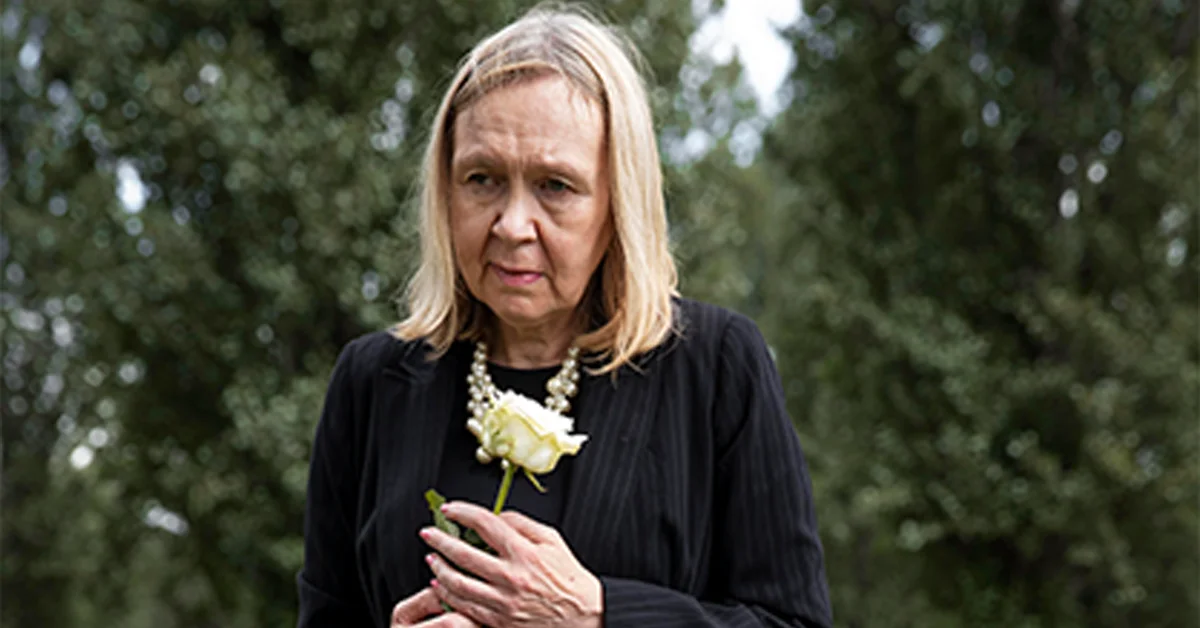It requires daily or weekly attention to maintain foreground friends, postpandemic friendscape so there are necessarily a limited number of slots (four to six, maximum). Some of those may be filled by your romantic partner, parent, sibling or child. Because they are front and center, foreground friends are the ones who have the most profound impact on your health and well-being, for good or ill.
Indeed, depressed friends make it more likely you’ll be depressed, obese friends make it more likely you’ll become obese, and friends who smoke or drink a lot make it more likely you’ll do the same. The reverse is also true: You will be more studious, kind and enterprising if you consort with studious, kind and enterprising people. That is not to say that you should abandon friends when they are having a hard time. But it’s a good idea to be mindful of who you are spending the majority of your time with — whether on- or off-line — because your friends’ prevailing moods, values and behaviors are likely to become your own.
What are the hallmarks of good foreground friends? Foremost, they make you feel better about the world and about yourself. They are there for you, listen to you and, while they may not always agree with you, they get you. There’s a sense of mutuality and reciprocity in terms of helping and engagement. And crucially, you fundamentally enjoy being with them, just as they enjoy being with you.
People who do not belong in your foreground are those who don’t seem genuinely pleased when something good happens to you and show a glint of schadenfreude when things go wrong. Another clue is they are boastful, self-righteous, faultfinding or prickly in conversation — or they always shift the conversation back to themselves. And steer well clear of anyone who doesn’t defend you when someone else maligns you, or worse, piles on.
Susan Heitler, a psychologist and author of “The Power of Two,” which looks at friendship in the context of marriage, cautioned that you also want to look at yourself when making decisions about who you want to populate your post pandemic world: “It may be you, not necessarily the other person, who’s making the relationship asymmetrical” and unsatisfying.
You can’t have good friends if you aren’t a good friend yourself. Do you get in touch only when you want something or have nothing better to do? Are you the one who is argumentative or always talking about yourself? Are you saying or doing things to diminish your friend’s joy? Are you too demanding? Judgmental? Emotionally unavailable?
Certainly, no one is a perfect friend all the time. We all have our less than admirable moments. But a solid and good friendship is one where both of you are able to work through intentional and unintentional slights











